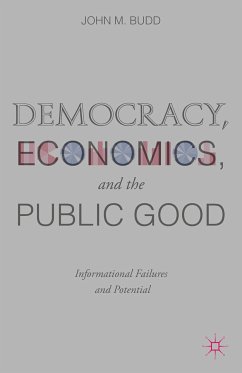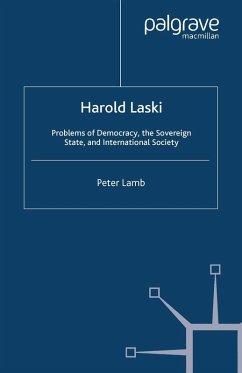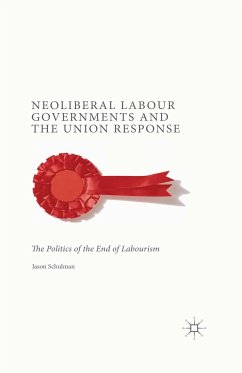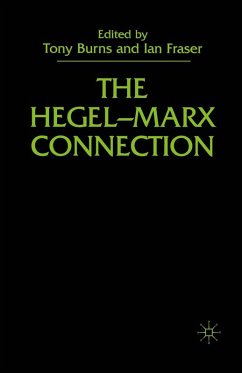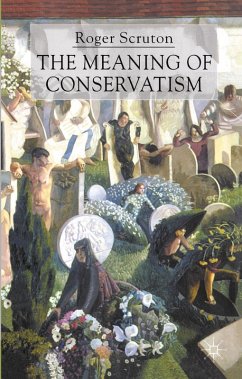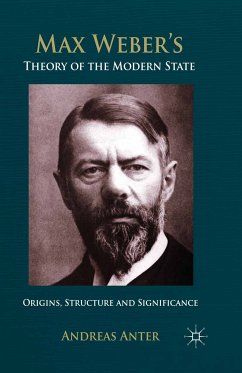
Max Weber's Theory of the Modern State (eBook, PDF)
Origins, structure and Significance
Versandkostenfrei!
Sofort per Download lieferbar
40,95 €
inkl. MwSt.
Weitere Ausgaben:

PAYBACK Punkte
20 °P sammeln!
Andreas Anter reconstructs Max Weber's theory of the modern state, showing its significance to contemporary political science. He reveals the ambivalence of Weber's political thought: the oscillation between an étatiste position, mainly oriented to the reason of state, and an individualistic one, focussed on the freedom of individuals
Dieser Download kann aus rechtlichen Gründen nur mit Rechnungsadresse in A, B, BG, CY, CZ, D, DK, EW, E, FIN, F, GR, HR, H, IRL, I, LT, L, LR, M, NL, PL, P, R, S, SLO, SK ausgeliefert werden.





